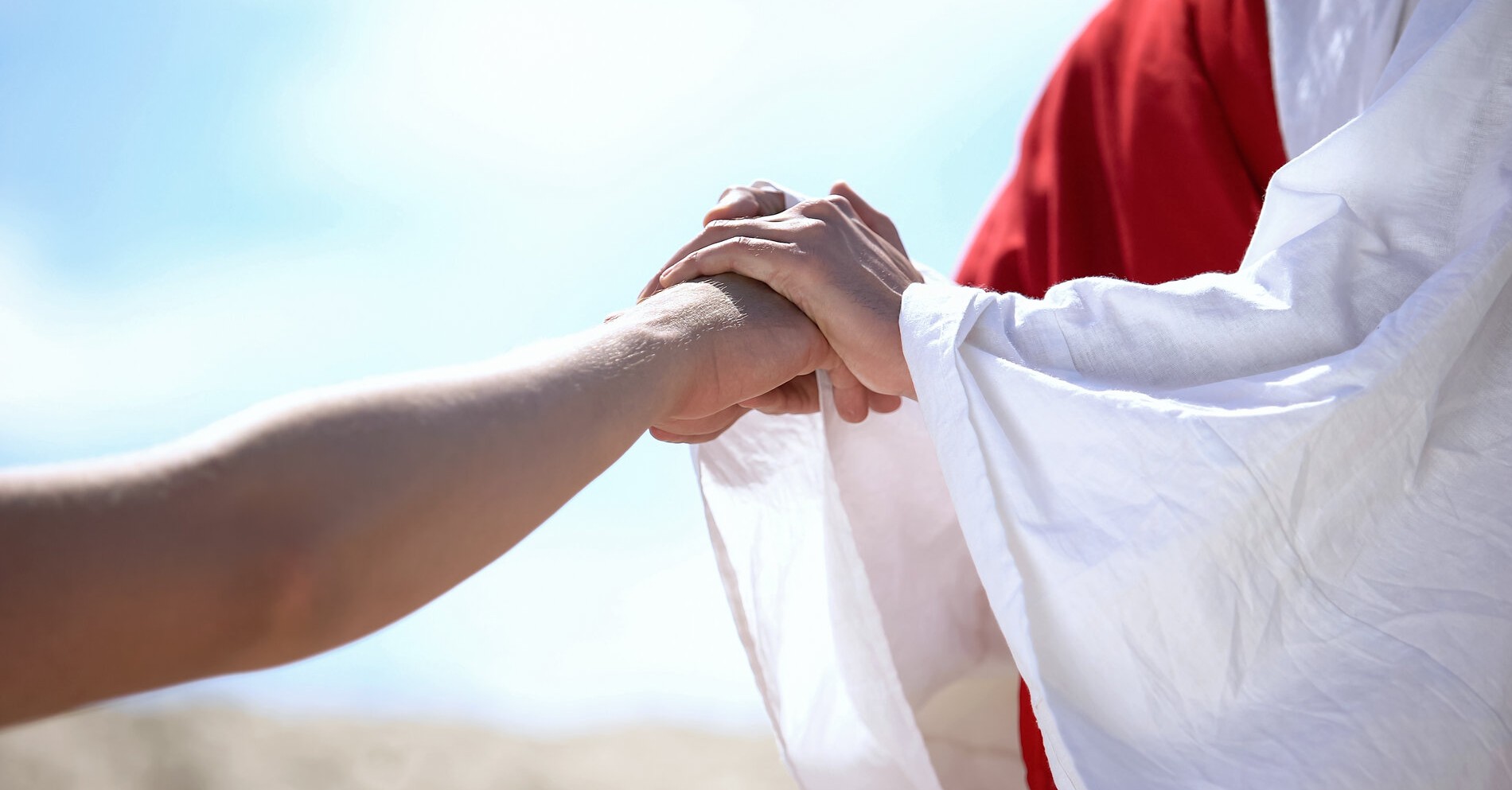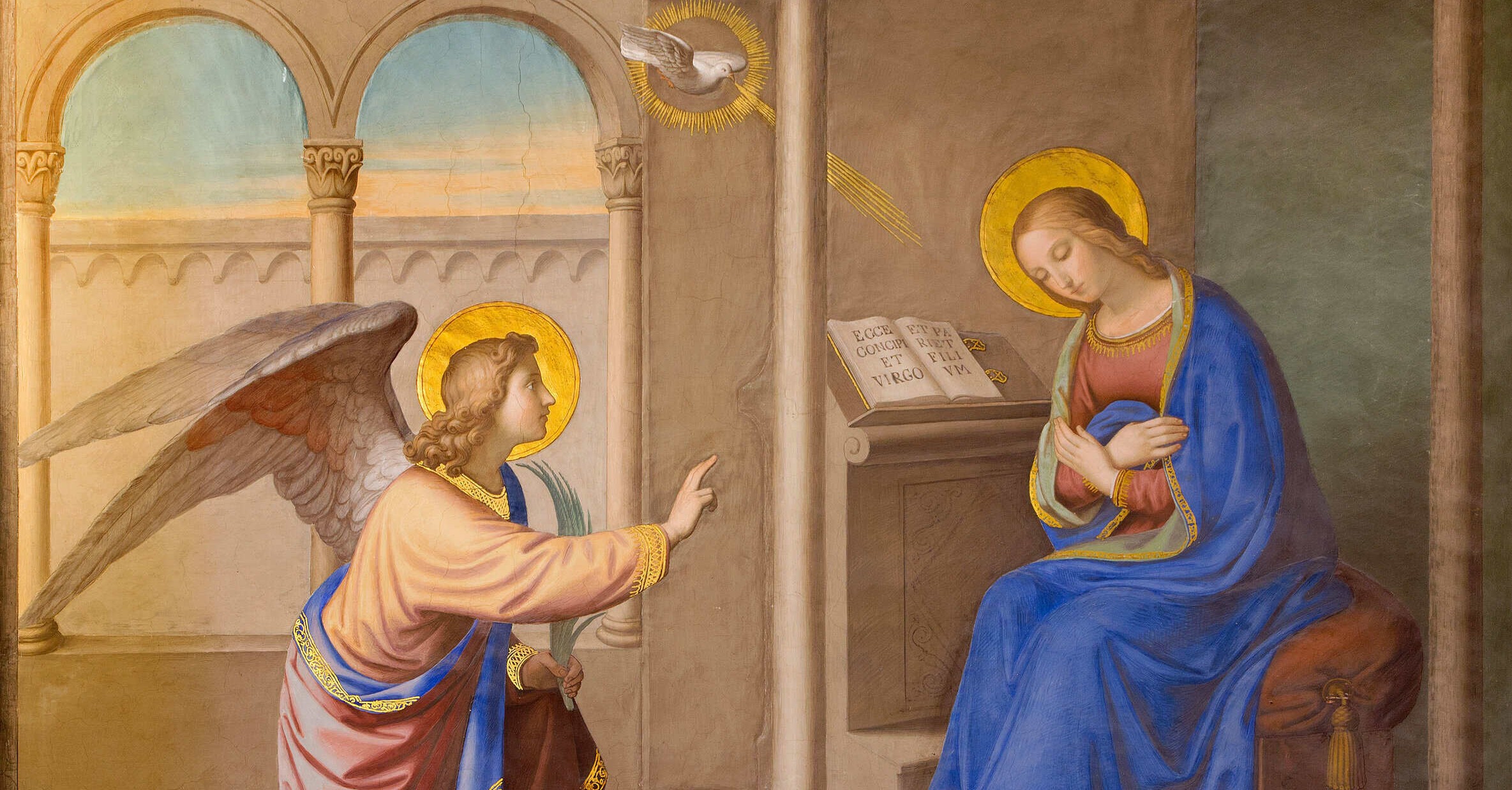31 July 2022

To say something is holy means it is God’s. The tithe is holy, and Sunday is holy unto the Lord because it is given to Him in worship.
Many Western people are very cerebral in their faith: everything is intellectual. Filipinos tend to be superstitious, and many of us have included superstition in our walk with Christ. Superstition is tantamount to magic; you cannot go by superstition in your relationship with God. Some people say, “I will worship you, but you have to give me a better job”; that’s not the right way.
There’s a better way of understanding worship. God knows we need to worship Him – not because He needs to be worshipped, but because we need God. When I come to church on Sundays, I want to hear what God is saying, and to meet Him in the Eucharist; these are the two main things, and I need them in my life. I offer to God all my victories from the past week and give Him thanks, like Joshua who fought many battles when he entered the Promised Land. Then when I leave the place of worship, God blesses me, so I can have a blessed week. I rely upon His grace and mercy; I cannot continue one day without Him. His mercy is new every morning. I want my week to be blessed, so I ask Him for the courage and strength I need so that I can win my battles for His glory and honour.
What can we learn from the war?
[Parts of this homily were repeated from the previous week, and are omitted from this transcript. It is recommended to read the previous week’s message here before continuing.]
It’s said that if the dog bites you once, it’s the dog’s fault; but if it bites you twice, it’s your fault. If I do something and there’s an adverse result, and the same thing happens twice, there’s no one else to blame but me.
Two world wars in Europe left people emotionally and spiritually scarred. We may try to the best of our ability to avoid war, but sadly it is almost inevitable because of evil. It is shocking to Europeans that there’s another war one or two thousand kilometres away from where they live.
Those who have opened their homes to strangers have shown the meaning of hospitality and the best of humanity. Sadly, it often takes a tragedy for people to do something good. Why do we need a tragedy for us to pray? We can pray every day, without a tragedy; and then most likely tragedy will not come. Why do we only pray when there’s a need? The only person we need is Jesus Christ; when He told the rich young ruler, “Sell everything you have… then follow Me”, the man didn’t understand that Jesus is everything.
God is doing something
We live in a vulnerable and needy world in which a small virus can kill millions of people. Because of wars, many people have asked, “Where is God?” Some think God does not exist and that faith in God is an illusion, or a figment of one’s imagination. God may be silent, but He is never absent. We come to the Eucharist to find Jesus, but we also find Him in a needy world. When Jesus was sleeping in the boat during a storm, the disciples asked, “Don’t You care for us?” God cares for us: Jesus came to a vulnerable world filled with suffering, with humans who potentially hurt each other, and suffered for and on its behalf.
If we believe that God is not dead, He must be alive and well in the Church. He is never idle or inactive. In the creation there was idleness, but God did not like it, and so He created something. If we believe that Christ, the conquering and resurrected one, is alive in the Church, then God must be doing some things. We believe He is doing something in and through our lives and in His Church. The problem is that sometimes we don’t see it. We may wonder how God sees things that are happening around us – assuredly He is looking at them from a different standpoint than we do.
We have forgotten that when we awake, we are served with an array of God’s Kingdom blessings: His grace, mercy, love, and peace which the world cannot give. As you leave the place of worship after the Eucharist, God does not leave you – unless you want to leave Him. When you go to work, God is with you – not as our helper, but to offer the works of our hands to Him, to sanctify our day. Why do we not see the works and acts of God? Because it takes the eye of faith to see them, personally and collectively.
Walk by faith
Many are confused by world events, and they are intended to cause anxiety and fear. If we look only at these things, this will be the effect in our hearts. May God open our eyes, as He opened the eyes of Elisha’s servant,[i] to see that He is with us. We may go through difficult times; but there’s no reason to fear, because God is with us. As Paul said, walk by faith, and not by what you see[ii] – because through faith we see what God is saying. If God is with us, who can be against us?[iii]
Abp. Adler said that if God gives you an air-conditioning unit because it’s hot, He will also give you the money to pay your electricity bill. God will not give you air-conditioning without the money for the electricity, because then you wouldn’t be able to use it.
If God gives you a child, He will also give you the provision to take care of the child. Some of your parents were simple farmers, and they had ten children, but they were not worried. In San Pedro, Laguna, some of the people living along the railway line had twelve children; they all lived in one room, but the parents knew the schedule of the trains, and while the children were asleep, they kept on producing. They weren’t worried.
If God is with you, there’s nothing to be worried about. We may be concerned, but not worried. There may be things happening around us, but there’s no reason to fear. Christians need to see through the cross, through God’s providential work in history. May God open our eyes to see human events not through a human lens, intended to cause fear and anxiety, but through the eye of faith, through the power of the cross.
A fearful world needs a fearless Church – fearless because we trust in God. I hope the world will ask why we’re not fearful, and realise that it’s because God is with us. If your friends or relatives have too much concern about what is happening, tell them that God cares for them, and lead them to Christ. If you have many challenges and difficulties in life, remember that God is with you and you have no reason to fear.
Lord, we are dealing with many situations, and the news causes fear and anxiety; but many things are happening in Your Kingdom, and we are Your Kingdom. Forgive us for having been so influenced by the things around us. We turn to You today; and the things that are causing us anxiety and fear, we lay them at the foot of the cross. Open the eyes of every single one of us, that we might see that there are more with us than with them. Cause faith to rise among us and in us, that we might do the work You have called us to do, and not fear that would cause us to be idle and stifled and not do anything. Our trust is in You.
Study questions:
- Is your faith and worship more cerebral, superstitious, or like the “better way” described here? Are there some ways in which you need to change your approach?
- When there is a tragedy or a troubling event, do you pray more or less than usual, or about the same? Do you pray primarily in response to needs, or to grow in your relationship with Jesus?
- How can knowledge of Europeans’ experience of war help you to understand their cultural outlook and view of God, and to pray for and serve them more effectively?
- Do you believe that God is active in your life and in the Church today? Where have you seen Him in the present war, or in another crisis?
- Are you more aware of bad news in the world, or of good things that God is doing in your life, your family, and the church you belong to? Are you aware of His involvement in your daily life and work? What is He doing in this season?
- Are you anxious about the economic situation, either generally or personally? What can help you overcome your fears and trust in God for His provisions?
- Why do you think most people nowadays have far fewer children even though most have more money and much higher material standards of living than in the past? What does this say about our way of thinking, priorities, and level of faith?
- In what ways can a fearless Church be a powerful witness in a fearful world? What opportunities has God given you, your family, or your church, in this way?
[i] II Kings 6:8-17; see the previous week’s homily for more extended comments on this
[ii] II Corinthians 5:7, 4:18
[iii] Romans 8:31ff









